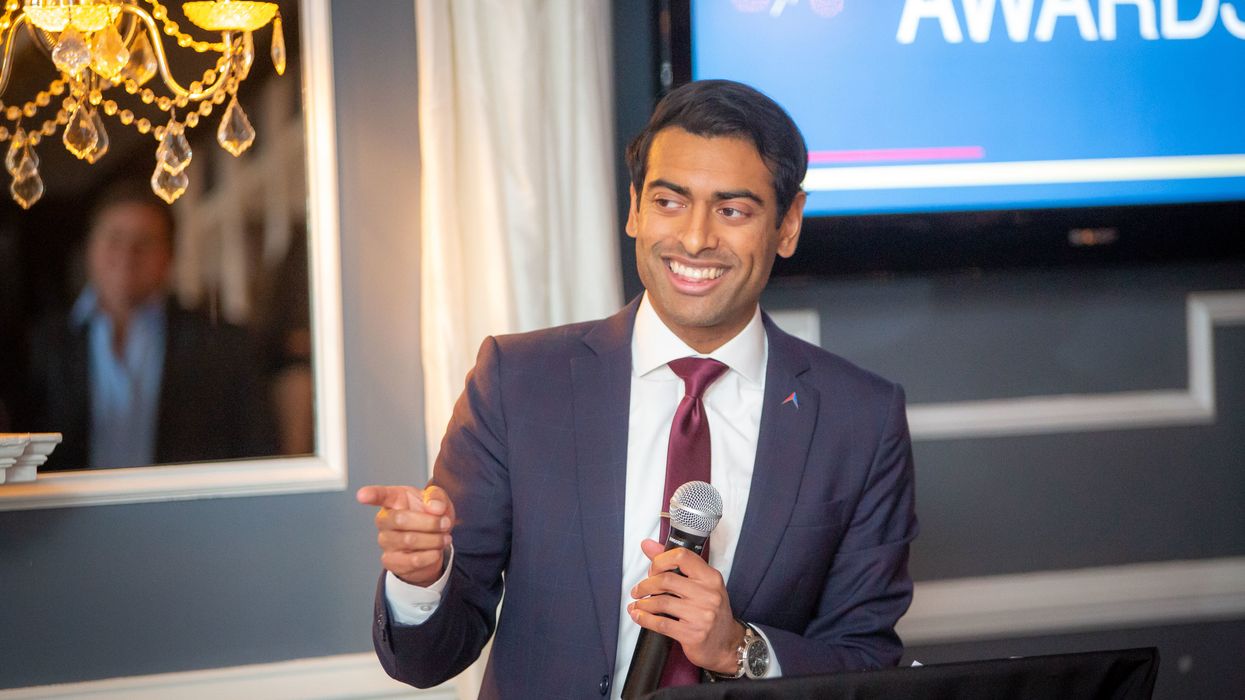Nevins is co-publisher of The Fulcrum and co-founder and board chairman of the Bridge Alliance Education Fund.
I had the wonderful opportunity to interview Steven Olikara on Jan. 18 for the CityBiz “Meet the Change Leaders” series.
Olikara is a nationally recognized change-maker, entrepreneur, political commentator and executive. He serves as president of Bridge Entertainment Labs, dedicated to activating entertainment media to elevate new stories of “us.” He also founded Millennial Action Project (now the Future Caucus), the largest nonpartisan organization of young elected leaders in the United States. Olikara’s commentary has been featured in numerous national media outlets, including CNN, MSNBC, Fox News, NPR, NBC, The Washington Post and USA Today. He recently made history as the first South Asian candidate for U.S. Senate in Wisconsin.
His journey is featured in the documentary “ The Reunited States,” available on Amazon Prime and PBS. Olikara also hosted the podcast series “Meeting in Middle America,” which featured guests such as Oscar-winning screenwriter John Ridley, former Sen. Russ Feingold and Emmy-winning comedian Charlie Berens. He is a frequent speaker on civic leadership at venues such as the Aspen Ideas Festival, Harvard’s Institute of Politics, SXSW, the National Press Club, the White House, the United Nations and more. In 2018, he was invited to testify before Congress on issues facing millennial entrepreneurs and gig economy workers. An avid musician, Olikara is a former radio DJ in his hometown of Milwaukee and co-author of the book “JFK: The Last Speech,” on the role of artists in democracy.
Previously, Olikara advised two multiplatinum recording artists on youth empowerment and sustainable energy initiatives, including Akon Lighting Africa, which electrified over 1 million homes in Africa with solar power. He serves on numerous boards focused on causes close to his heart: human rights, democracy, national service and the performing arts. He graduated from the University of Wisconsin-Madison as a Truman scholar. Olikara was named a Forbes 30 Under 30 in 2017 and a global shaper by the World Economic Forum.
Watch the interview to learn the full extent of Olikara’s remarkable work and perhaps you’ll become more civically engaged as well.
Steven Olikara: president of Bridge Entertainment Labsyoutu.be




















Trump & Hegseth gave Mark Kelly a huge 2028 gift